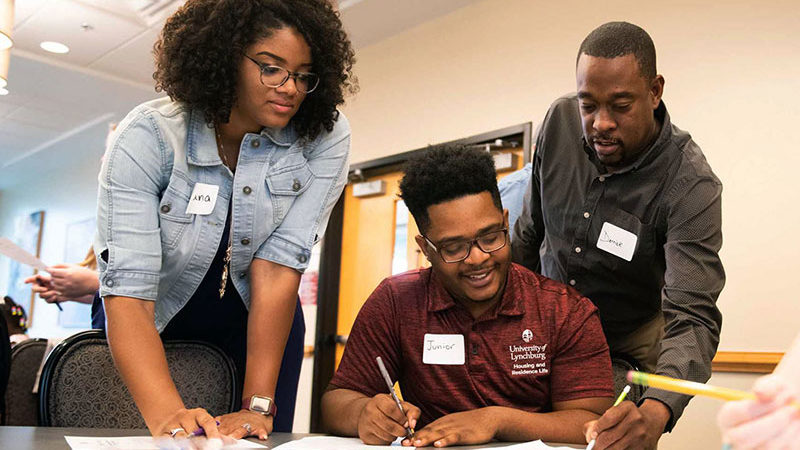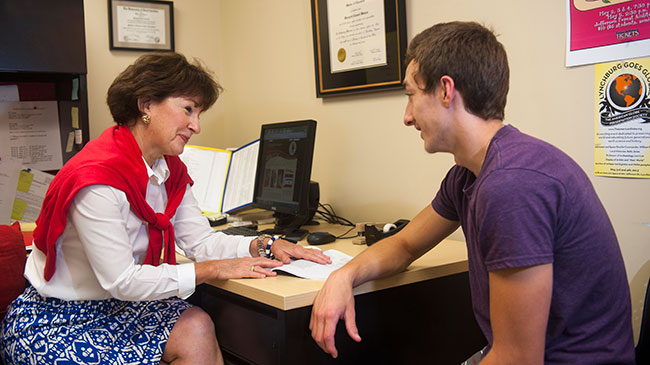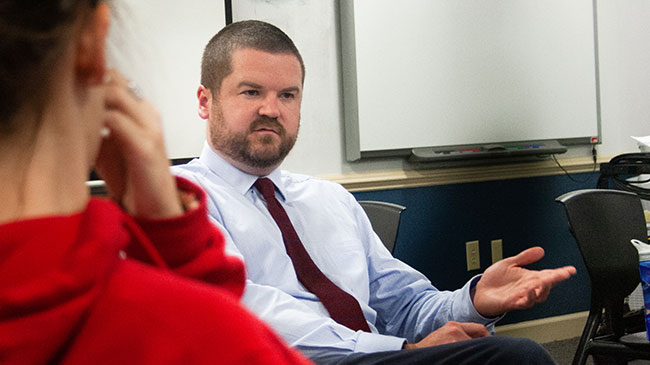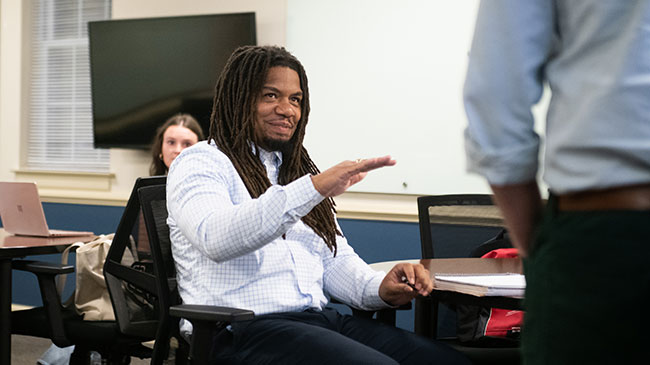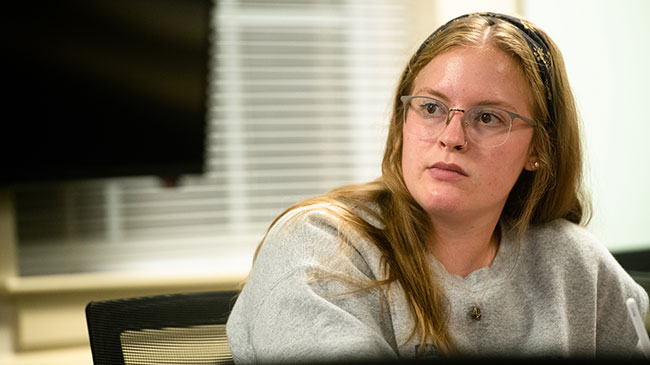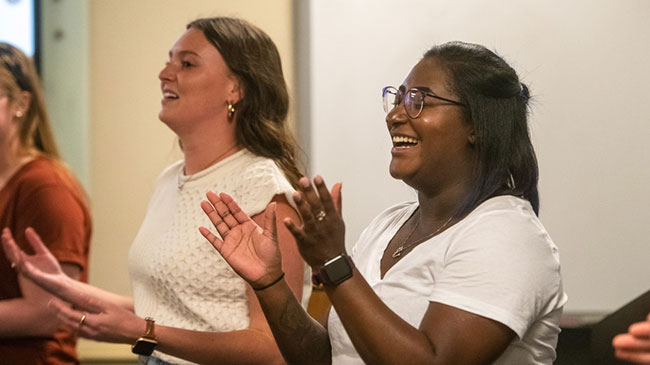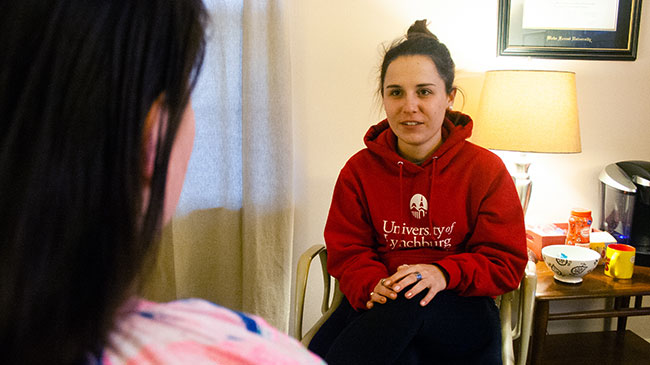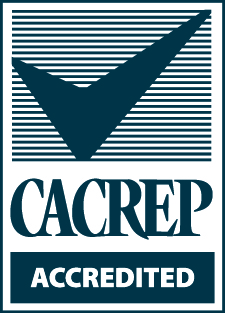The University of Lynchburg’s Master of Education in School Counseling program will help you advance your career and make a real difference in students’ lives. The program prepares you to meet the K-12 guidelines required by the Virginia Department of Education and become a highly skilled school counselor.
As a student, you’ll dive deep into counseling, consultation, and curriculum development, developing the skills you need to succeed in any school environment. You’ll learn how to coordinate different components of guidance programs and work with students of all ages, from elementary to high school.
Our program is designed to help you become a well-rounded, effective school counselor. You’ll learn how to provide individual and group counseling, work with families, provide career development experiences, and assist students in meeting developmental challenges and making decisions. You’ll also develop an in-depth understanding of the nature and needs of people in multicultural contexts, with a strong emphasis on the cultural context of relationships, issues, and trends in a multicultural society.
Lynchburg’s comprehensive curriculum and dedicated professors ensure students have an in-depth understanding of theory and professional topics, and learn how to develop strategic programs for school communities. Through on-site training, you’ll apply your expertise and help meet the counseling needs of students, parents, teachers, and other school stakeholders.
The Master of Education in School Counseling features:
- Comprehensive preparation to become a highly skilled school counselor.
- Special emphasis on counseling, consultation skills, curriculum development, and coordination of guidance program components.
- Skills development for working with students of all ages, from elementary school to high school, and meeting the needs of children at all levels.
- Training in essential areas, including individual and group counseling techniques, family collaboration, facilitating career development opportunities, and supporting students in overcoming developmental challenges and making important decisions.
- A strong emphasis on understanding the cultural dynamics that shape relationships, address relevant issues and respond to current trends in our multicultural society.
Why choose the University of Lynchburg school counseling graduate degree program?
Our school counseling program has:
- 100% program completion.
- 100% pass rate for the Counselor Education Comprehensive Examination.
- 100% job placement rate.
- 700 hours of school-based clinical experience.
- Accreditation from the Council for Accreditation of Counseling and Related Educational Programs.
- Opportunity to continue education with the Advanced Counseling Certificate.
What makes Lynchburg’s master’s in school counseling unique?
Hear From School Counseling Students, Faculty, and Alumni
Interested in applying to the master’s degree in school counseling program?
Application Deadlines
- Summer semester: May 1
- Fall semester: July 31
- Spring semester: Nov. 30
Transform lives with a master’s degree in school counseling: Career, Salary, and Growth.
Graduates of the University of Lynchburg’s School Counseling program have a wide range of career opportunities, including school counseling positions in K-12 public and private schools, as well as opportunities in community mental health agencies, youth organizations, and government agencies.
According to the Bureau of Labor Statistics, employment opportunities for school counselors are projected to increase by 10% by the year 2031, adding 32,400 jobs. As such, graduates of the University of Lynchburg’s school counseling program can expect to enter into a growing and in-demand field with a range of exciting career possibilities.
Virginia
School Psychologist
- Average: $90,800
- Entry level: $66,700
- Experienced: $102,900
Educational, Guidance, and Career Counselors and Advisors
- Average: $71,500
- Entry level: $46,900
- Experienced: $83,900
National
School and Career Counselors and Advisors
- Average: $60,510
Figures for Virginia come from JobsEQ, and national data comes from the U.S. Bureau of Labor Statistics.
Accreditation
Program Contact
Sara Bailey, PhD
Director of Master of Education in School Counseling
